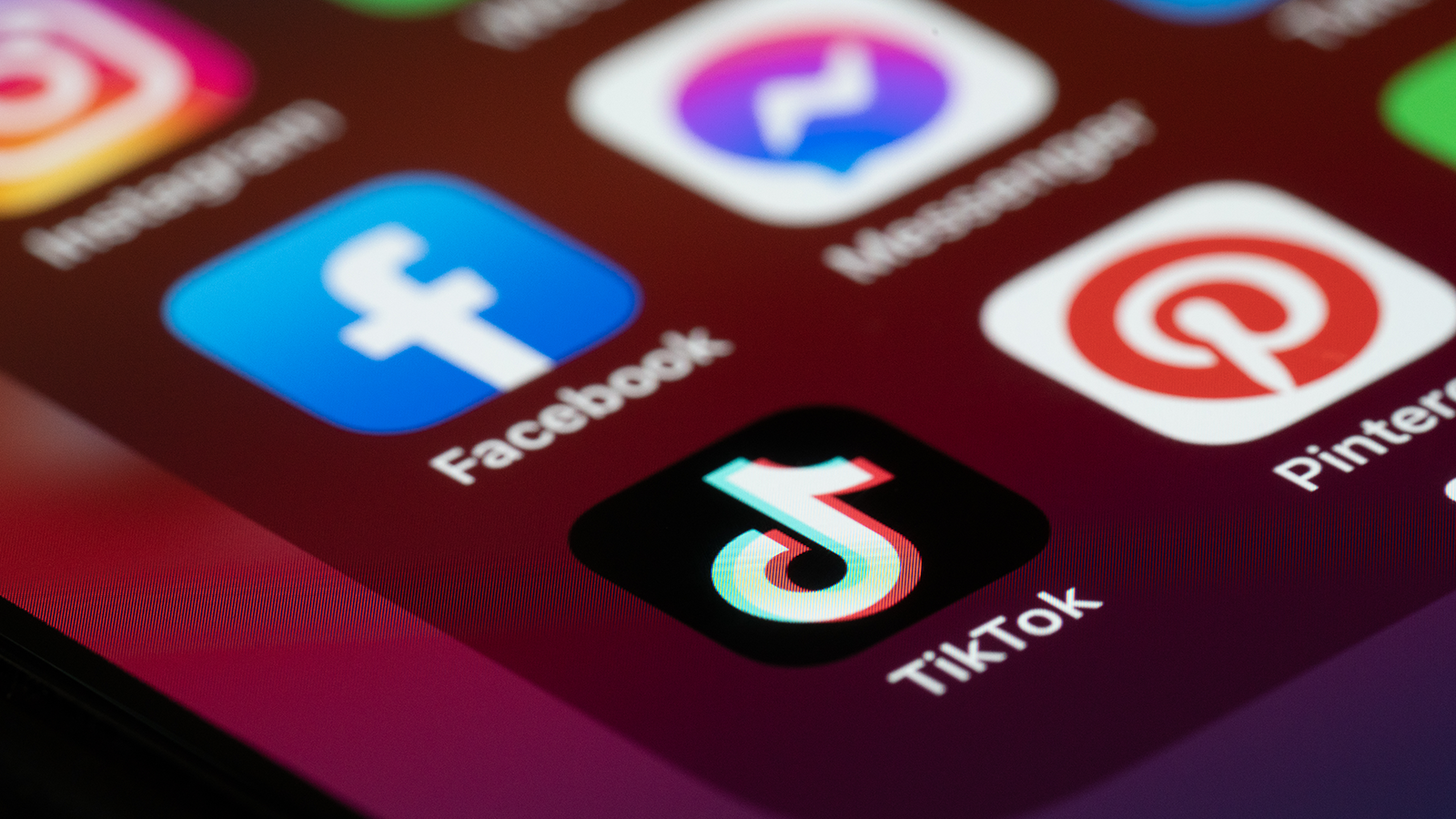Effective Social Media Marketing in the Pharmaceutical industry

Content
- What is Social Media Marketing?
- Chances of Social Media Marketing in the pharmaceutical and healthcare industry
- Strategies and best practices for successful Social Media Marketing
- Success stories: Social Media Marketing in the pharmaceutical and healthcare sector
- Challenges & Opportunities of Social Media Marketing in the Healthcare industry
- Conclusion: The future of Social Media Marketing in Healthcare
What is social media marketing?
Social Media Marketing (SMM) refers to all strategic measures with which companies advertise their brand, products or services via social networks and enter into dialog with their target group. Platforms such as Facebook, LinkedIn, Instagram, Twitter and TikTok make it possible to increase reach and retain customers in the long term. This digital communication is becoming increasingly important in the pharmaceutical and healthcare industry in particular, as it promotes patient education, facilitates the exchange of expertise and strengthens brand trust.
Chances of social media marketing in the pharmaceutical and healthcare industry
While Social Media Marketing in many industries is primarily geared towards sales promotion, the focus in the healthcare sector is often on providing information. Regulatory requirements demand precise and responsible communication. Companies must comply with legal requirements such as the German Drug Advertising Act (HWG) and data protection guidelines such as the GDPR or HIPAA. In addition, the sensitive handling of health information plays a decisive role, as content must always be scientifically sound, trustworthy and ethically justifiable.
The target group approach also differs from other industries. Patients, doctors, pharmacists and nursing staff have different information needs that should be served by targeted content marketing. At the same time, proactive crisis communication is necessary to counteract emerging misinformation and misunderstandings and to secure the trust of the community.
Strategies and best practices for successful Social Media Marketing
Well thought-out social media marketing requires a clear strategy that is geared towards the company’s objectives. The most important measures include:
- Target group analysis: The needs and interests of the target group must be precisely understood and taken into account.
- Choice of platform: Each platform has different user groups – LinkedIn is suitable for professional audiences, Instagram and TikTok for patient-focused content.
- Relevant content: Content should be informative, authentic and easy to understand in order to arouse users’ interest.
- Interactive formats: Storytelling, videos, infographics and live Q&A sessions encourage engagement.
- Community management: An active exchange with followers strengthens customer loyalty and promotes trust.
- Performance tracking: Regular analysis of key figures enables continuous optimization of the strategy.
Success stories: Social Media Marketing in the pharmaceutical and healthcare sector
Some companies in the pharmaceutical industry are already using social media specifically for branding and communication with patients. Successful examples include educational campaigns on common diseases such as diabetes or high blood pressure, which make an important contribution to health education through well-founded and easy-to-understand content.
To this end, communities or forums are used in which those affected can easily exchange information. Influencer collaborations with experts, doctors or patients also help to communicate medical topics in an authentic way. In addition, clinics and healthcare companies use social media specifically for employer branding in order to attract specialists and strengthen their employer brand.
Challenges & Opportunities of Social Media Marketing in the Healthcare industry
Despite the great potential, companies in the pharmaceutical and healthcare industry face specific challenges. The spread of misinformation and fake news is a growing problem that requires effective content management and reliable fact-checking. Strict advertising guidelines also make direct marketing of prescription drugs more difficult, meaning that companies need to focus more on informative and educational content.
Future developments in social media marketing will be shaped by technological advances. Artificial intelligence (AI) and augmented reality (AR) will open up new opportunities for interactive patient communication. At the same time, the effective targeting of content will play an increasingly important role. Companies that adapt these trends at an early stage can establish themselves as a trustworthy source of information and secure long-term competitive advantages.
Conclusion: The future of Social Media Marketing in Healthcare
Social Media Marketing has established itself as an indispensable tool for the pharmaceutical and healthcare industry. Through the targeted use of digital channels, companies can increase their brand awareness, strengthen patient trust and make an important contribution to health education.
However, the use of social media in the healthcare industry requires a careful strategy that takes into account both legal requirements and the specific needs of the target groups. Companies that focus on transparent communication, scientifically sound content and innovative technologies will benefit from the opportunities offered by digital marketing in the long term.
The future of social media marketing in the pharmaceutical and healthcare industry will be characterized by continuous innovation, greater personalization and the use of new technologies. Those who respond to these trends at an early stage will be able to position themselves as leading brands in digital healthcare communication.
